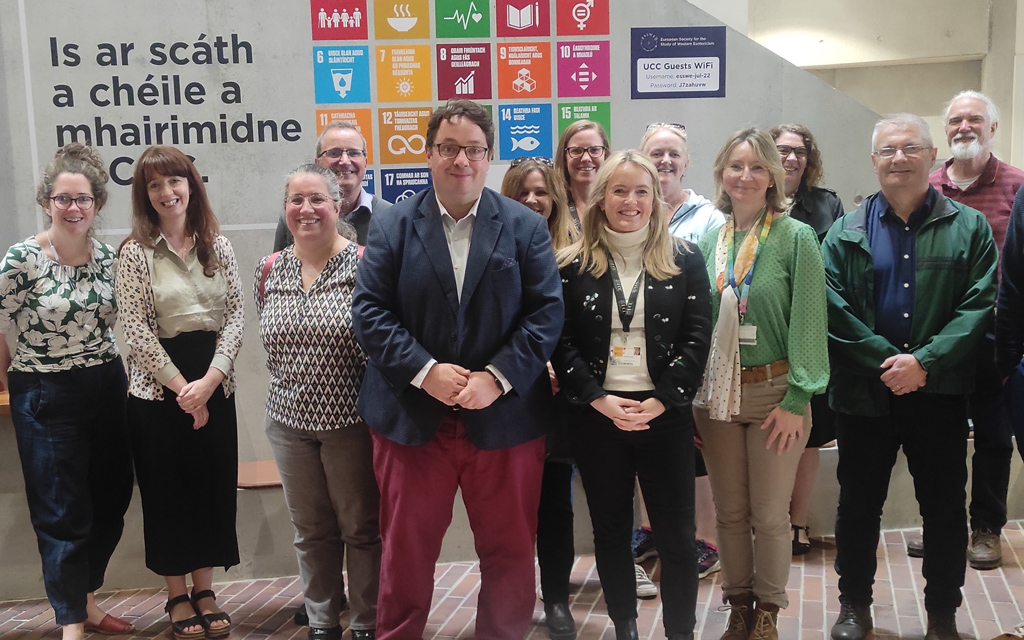Sustainable Development Goals at UCC
We recognise the crucial role that university research plays in achieving the SDGs by 2030. As an internationally competitive, research-led university our researchers contribute to the growth of Ireland’s knowledge-based economy, developing the innovations and solutions needed to address urgent global sustainable development challenges.
UCC’s SDG Publications (2019-2024)
Publications
Of publications contributing to the SDGs
Publications in 2024
SDG publications cited
Times the world average in SDG14 & SDG16
The President's Award for Research Impacting the Sustainable Development Goals
Through this award, the President honours UCC researchers and/or research teams whose research drives the sustainability agenda and progresses UCC’s leadership in this space.
Connect With Us
Research and Innovation
Taighde agus Nuálaíocht
Contact us
Office of Vice President for Research & Innovation, 4th Floor, Block E, Food Science Building University College Cork, T12 K8AF

